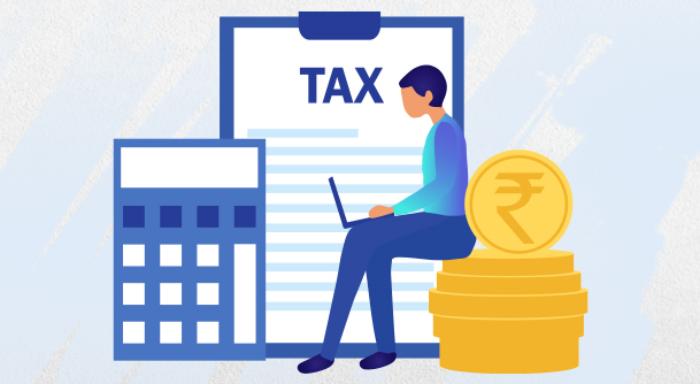In the labyrinth of India’s income tax laws, Section 80D shines as a guiding light for individuals aiming to maximize tax savings while fortifying their healthcare safety net. This segment of the Income Tax Act extends substantial deductions for health insurance premiums, serving as a vital tool for both financial stability and tax efficiency. This article navigates the complexities of Section 80D, offering insights on how to optimize tax advantages while safeguarding your well-being and financial health.
Decoding Section 80D: A Concise Overview
Section 80D of the Income Tax Act, 1961, facilitates deductions on premiums paid for various health insurance schemes. These deductions are accessible to individual taxpayers, Hindu Undivided Families (HUFs), and senior citizens, ensuring inclusivity. The deductions in this section are divided into categories, tailored to specific demographics, ensuring a broad spectrum of the population can avail these benefits.

Read more.. The Job of AI in Customized Medical services
Deductions for Health Insurance Premiums: Unraveling the Segments
1. Senior Citizens:
Senior citizens enjoy a higher deduction limit. Individuals above 60 can claim a maximum deduction of ₹50,000 per year for health insurance premiums paid for themselves and their spouses.
2.Preventive Health Checkups:
Section 80D not only covers insurance premiums but also allows deductions for preventive health checkups. Both taxpayers and senior citizens can claim up to ₹5,000 for expenses incurred on health checkups, falling within the overall limit.
Optimizing the Benefits: Strategies and Suggestions
1.Evaluate Your Needs:
Start by evaluating your healthcare requirements. Understand your family’s coverage needs, including specific health conditions, and select a policy aligning with these needs. Opt for a comprehensive policy encompassing hospitalization, critical illnesses, and preventive care.
2.Policy for Parents:
When securing health insurance for your parents, explore policies tailored for senior citizens. These policies address the unique healthcare needs of elderly individuals and often offer specialized benefits.
3.Timely Premium Payments:
Ensure prompt payment of health insurance premiums. Deductions under Section 80D apply only if premiums are paid through banking channels, such as cheques, credit cards, or digital payment methods.
4.Maintain Records:
Keep meticulous records of premiums paid and health checkup expenses. Proper documentation of these transactions is vital when filing tax returns, substantiating your claims.
5.Consider Family Floater Plans:
If covering your family under a single policy, consider family floater plans. These policies cover the entire family under a single sum insured, often proving cost-effective and convenient.

Read more.. Exploring the Enigma of Breast Cancer: A Journey of Hope, Awareness, and Progress
Conclusion: Striking the Right Balance
Section 80D presents a valuable opportunity to safeguard your family’s health while optimizing your tax liabilities. By investing in a comprehensive health insurance policy tailored to your family’s requirements and ensuring regular premium payments, you not only ensure financial protection during medical emergencies but also unlock significant tax benefits. In the realm of health insurance, an informed choice not only secures your family’s well-being but also creates a financial cushion, ensuring a future marked by health and prosperity.
Read more.. 10 Essential Health Tips for a Balanced Lifestyle

